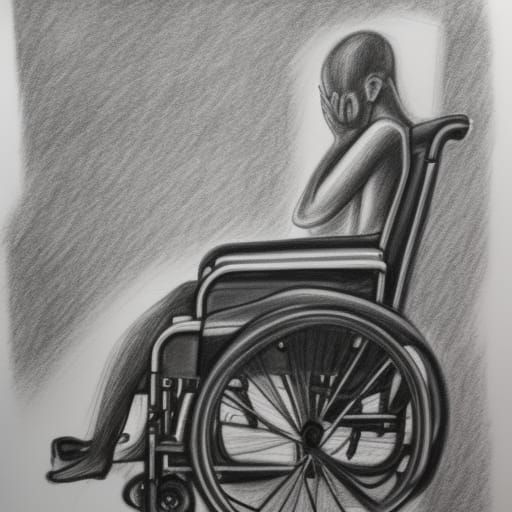Navigating the Social Security Disability Process: From Denials to Success
The Social Security Disability process can be lengthy and challenging, with the potential for denials at various stages.
Introduction: The Social Security Disability process can be complex and challenging, often requiring multiple stages of review and potential denials before receiving approval. Understanding the process and knowing what steps to take at each stage can significantly improve your chances of success. In this article, we will guide you through the different stages of the Social Security Disability process, provide helpful tips on what to do when facing denials, and shed light on the approval rates at each stage.
- Initial Application: The first step in the process is submitting your initial application for Social Security Disability benefits. While the approval rate at this stage is typically lower, it is crucial to provide comprehensive and accurate information about your medical condition, work history, and supporting documentation. On average, about 30% of initial applications are approved.
- Reconsideration: If your initial application is denied, you have the option to request a reconsideration. At this stage, the approval rate remains relatively low, with only about 10-15% of claims receiving approval. However, it is essential to carefully review the reasons for denial and address any deficiencies in your application. Seeking assistance from a disability attorney can significantly improve your chances of success.
- Administrative Hearing: If your claim is denied at the reconsideration stage, you can request an administrative hearing before an administrative law judge (ALJ). This stage has the highest approval rate among all levels of appeal, with approximately 45% of claims receiving approval. It is crucial to prepare thoroughly and present your case effectively during the hearing. Having an experienced disability attorney by your side can significantly increase your chances of success.
- Appeals Council and Federal Review: If your claim is denied at the administrative hearing, you can seek further review by the Social Security Administration's Appeals Council. The approval rate at this stage is relatively low, with less than 5% of claims receiving approval. If denied, you may choose to file a lawsuit in federal court.
- Federal Court: Filing a lawsuit in federal court is the final stage of the Social Security Disability process. The approval rate at this stage varies and is highly dependent on the specific circumstances of each case. Having strong legal representation during this stage is crucial, as the legal proceedings can be complex and approval rates are low.
Conclusion: The Social Security Disability process can be lengthy and challenging, with the potential for denials at various stages. However, it is important to remember that denials are not the end of the road. Each stage of the process presents an opportunity to strengthen your case and present additional evidence. Seeking assistance from an experienced disability attorney, such as the team at Di Lorenzo and Wilcox Law Firm in Southeast Georgia, can greatly improve your chances of success. They can guide you through the process, help you address denials effectively, and ensure that you present a strong case for receiving the disability benefits you deserve. Remember to stay persistent, gather supporting evidence, and seek professional guidance to navigate the Social Security Disability process successfully.











